Everything you need to know about taking in a lodger to boost your income
Renting out a room could bring in some extra cash, while also providing some company, here’s everything you need to know


Boosting your income by renting out a room in your home could be a welcome way to make money from your home to pay your ever-increasing mortgage rates and energy bills.
According to a recent survey by rental website SpareRoom, more people are considering taking in a lodger to help with rising costs, with 91% of homeowners who’d previously had a lodger saying they’d consider finding one again. What’s more, an extra person in the home could provide company and make your home feel less empty. ‘We recently surveyed over 300 people who’d recently started renting out a room and 12% said company was a factor in their decision,’ says Matt Hutchinson, Global Communications Director at SpareRoom. ‘Of course, the money is useful, but many people also really enjoy the social side of having someone else in the house, especially those who live alone.'

Matt Hutchinson, SpareRoom’s Global Communications Director has been with the company since 2007 and has offered housing market commentary for a number of major publications and broadcast channels both here in the UK and the US. He spearheaded SpareRoom's six-year Raise the Roof campaign, which led directly to the UK government encouraging more homeowners to rent out their empty bedrooms to combat the housing crisis.
What is a lodger?
Unlike a tenant and landlord setup, a lodger shares your space and home, living alongside you in your house for an agreed amount of time and monthly rent. To decide on whether sharing your home with a lodger is right for you, we’ve put together clear advice on what it means to take in a lodger, clearly setting out the rules as well as the pros and cons of this type of rental set-up.
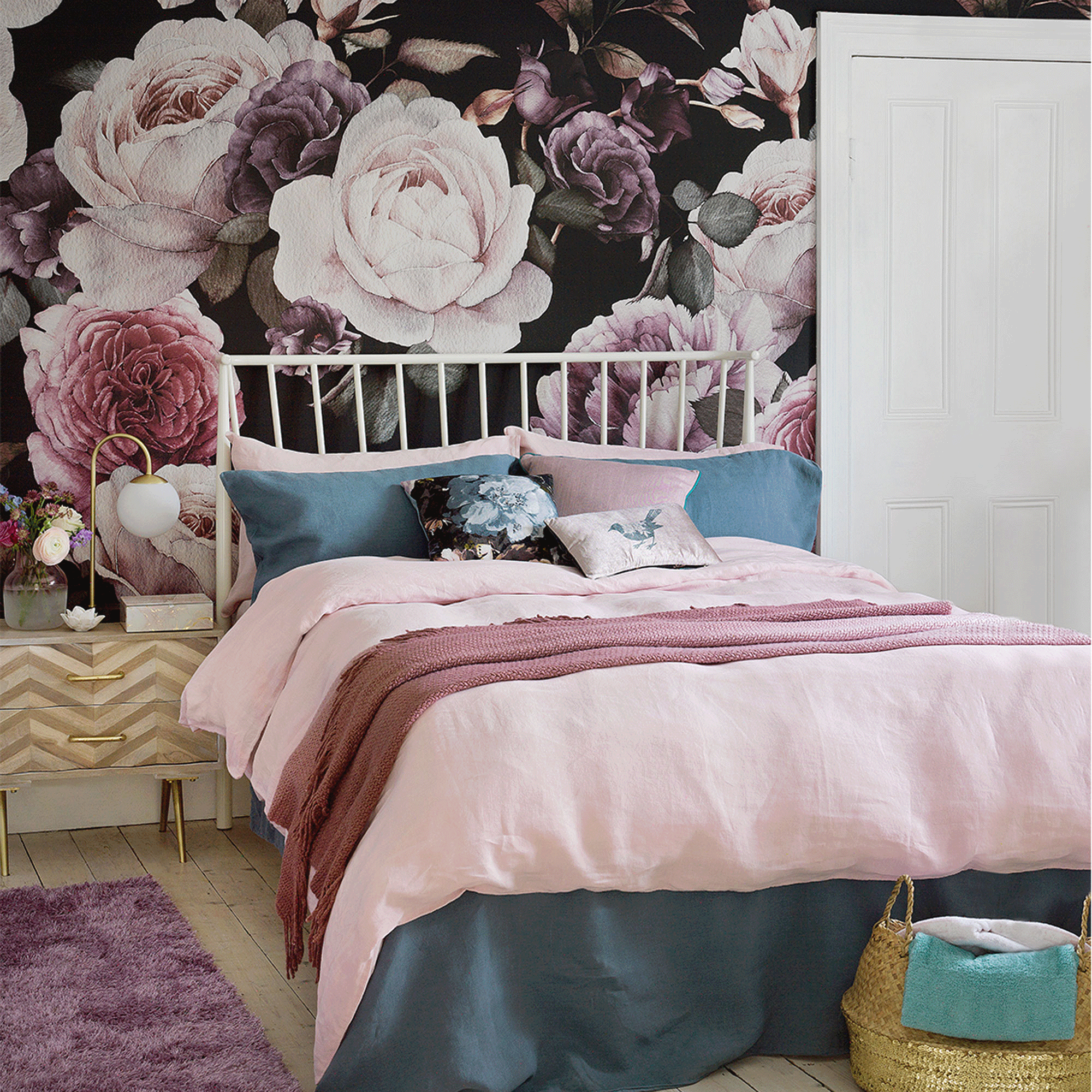
Is a lodger a good idea?
It depends on what you want from your lodger. If you have a decent-sized spare room and are happy to share your living spaces, such as the bathroom, kitchen and living area, then taking in a lodger could be your ticket to earning some extra money each month.
One of the cons of renting out a room to a lodger is losing your personal space. If that’s a concern, renting out the room to a lodger during the working week only could be a good compromise. ‘You can enjoy the company of having an extra presence in the house, but still have the place to yourself over the weekend,’ says Judy Niner, co-founder of MondaytoFriday.

Judy Niner launched MondaytoFriday – a matching service for working-week landlords and lodgers – after becoming a mid-week lodger in London herself, in order to combat the long daily commute from Oxfordshire into the capital.
How to advertise your room
Whether you’re advertising on an online site such as Gumtree, Monday to Friday or SpareRoom, or through word of mouth, you need to make it clear from the outset what you are offering and how much for in the advert. ‘Upfront communication of any house rules or preferences means everyone is clear on how the arrangement will work and everyone can feel comfortable when sharing a home,’ says Judy Niner, of MondaytoFriday.
SpareRoom has a list of useful questions you can ask potential lodgers on its website, such as why are you moving? Why do you want to lodge rather than a traditional flatshare? The company also suggests asking some questions about your potential lodgers’ daily habits; What time will you need to use the bathroom in the morning? What are your working hours? Do you have friends in the area?
Get the Ideal Home Newsletter
Sign up to our newsletter for style and decor inspiration, house makeovers, project advice and more.
‘The most important thing is finding the right lodger for you. You’ll be living with the person you rent your room to, so it’s vital that you take your time. Are you looking for someone to pay the bills, be respectful and easy to have around and that’s it? Or, are you looking for someone to spend time with, too?’ says Matt.
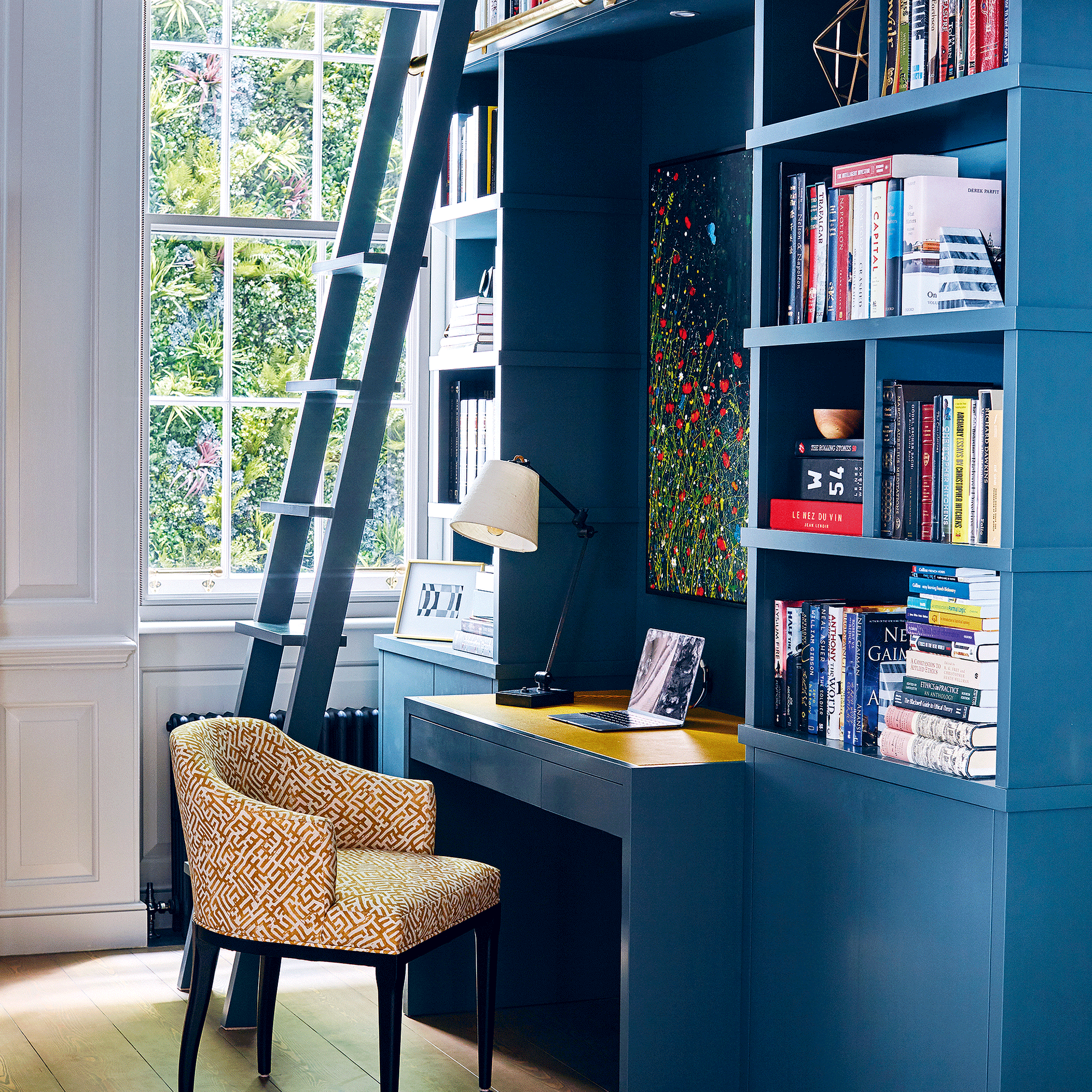
How to work out how much to charge a lodger
A good starting point is to look on Gumtree to find out what the going rate is in your area. SpareRoom has a rental data index online based on what you can charge for a room. But, as a guide, Matt reveals the average UK room rent for a lodger (including bills) is currently at £660, with London being the most expensive city to rent a room in the UK, with room rents at £935.
If you’re letting out a room during the working week only, Judy recommends charging your lodger four-to-five-sevenths of a full-time rental. ‘If a room like yours would normally cost £850 per month for full-time, offer it for around £500-550,’ she says.
Remember, when working out how much rent to charge your lodger each month, to factor in the monthly household bills, such as gas, electricity, water and broadband use.
Sign a contract
Although a lease isn’t required, a written agreement signed by both the homeowner and lodger is a good idea. ‘It doesn't need to be hugely formal, but it means that both parties are clear on any rules or expectations so that the living arrangement works comfortably for both parties,’ says Judy. ‘It also safeguards the rights of each party to support the success of the arrangement’ she says.
‘It’s important to state in the agreement how much the rent is, when it’s due, how bills will be dealt with and how much deposit has been paid,’ says Matt.
An inventory could also be useful to help prevent any disputes with the deposit when your lodger moves out. Photograph items, such as the furniture, flooring and window treatments, to help show the condition of the lodger’s room.
Sort out health & safety certifications
You need to take steps to ensure that your home is safe and that your lodger won’t be injured due to the condition of your property. All furniture needs to comply with fire safety regulations and all gas appliances need to be checked annually by a Gas Safe registered engineer. You should also check that any electrical items, such as kettles and toasters, are all safe to use, too.
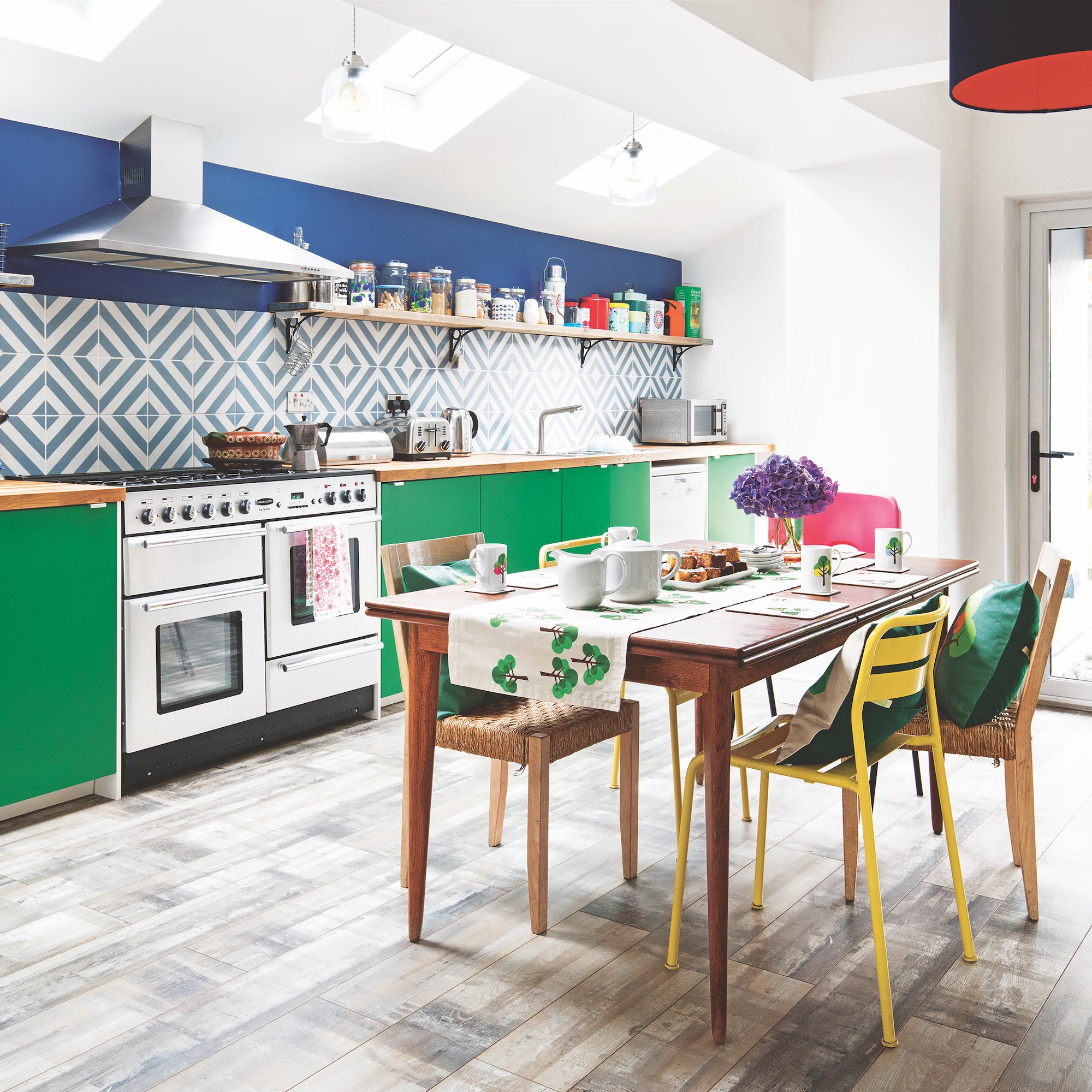
Consider cost, tax and permissions
If you live alone, you will lose your single occupancy discount on council tax, which is currently 25% off your bill, unless your lodger is in full-time education at college or university.
You also need to check you’re legally allowed to rent a room to a lodger. For example, if you have a mortgage you might need your lender’s permission before renting out a part of your home. And, if you’re a leaseholder, rent a house, or live in a shared ownership property, you might need to get the landlord’s agreement first. What’s more, it’s a good idea to contact your home insurer as, even though it might increase your premium, you need to ensure your belongings will still be protected.
What is the rent a room scheme?
The government launched the Rent a Room scheme to incentivise householders and property investors to let out spare rooms in their home. It offers a tax break for the homeowner providing the room rented is furnished and is in your only or main home.
There are some clauses though. Any money earned up to £7,500 from your lodger(s) per year is tax-free. If you earn more, you must pay tax on the excess. To qualify for the tax exemption, the room must be within your main home and be furnished and any furniture has to comply with fire-safety regulations. You must also be up-to-date with your yearly Gas-Safe registered checks for all gas appliances. Visit www.citizensadvice.org.uk for more details.
Does a lodger have rights?
If you are sharing your home and living space with the lodger, such as a kitchen or bathroom, then they are known as a lodger or an ‘excluded occupier’, which means they have fewer rights than a tenant. For example, as the landlord, you don’t have to sign a tenancy agreement or hold their deposit in a deposit protection scheme. Plus, you don’t have to give a long notice period if you want to end the agreement.

Sophie Vening is a freelance journalist and editor with more than 16 years’ experience writing about homes and properties. She’s worked for some of the UK’s leading interiors, self-build and property titles including, Grand Designs, Ideal Home, House Beautiful, Build It, The Metro Homes & Property and The Evening Standard Homes & Property.
She enjoys writing about complex issues in an easy-to-understand way.
-
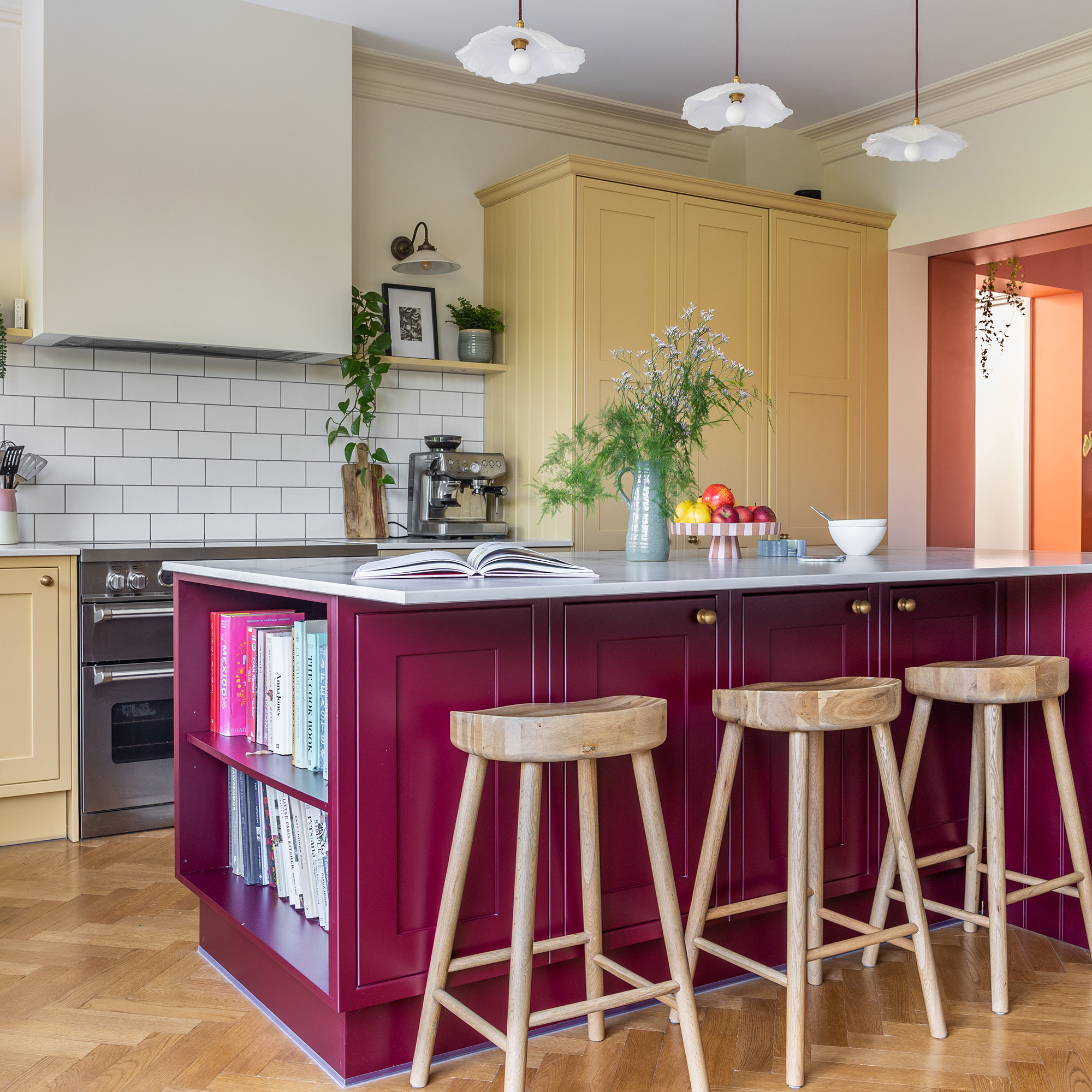 A top-to-bottom renovation has turned this Edwardian house into a lovely family home
A top-to-bottom renovation has turned this Edwardian house into a lovely family homeWith a few considered structural changes, this period house has been turned into a family home and has created a sanctuary for years to come
By Maxine Brady
-
 How to heat a conservatory
How to heat a conservatory7 practical options to consider for year-round comfort
By Amy Reeves
-
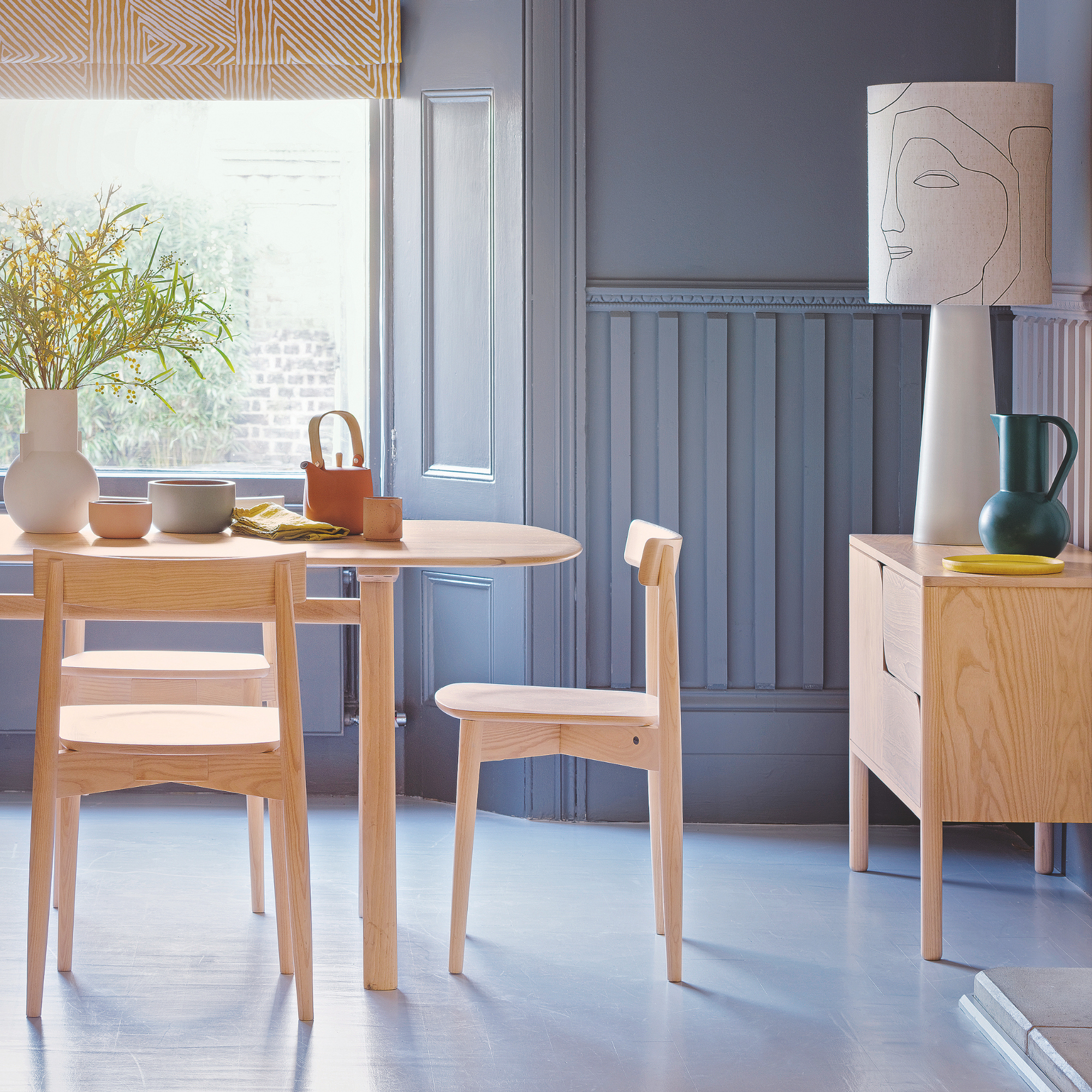 Blueberry is the ‘it’ blue this spring - but these are the 3 colours you should never pair with it, according to experts
Blueberry is the ‘it’ blue this spring - but these are the 3 colours you should never pair with it, according to expertsAvoid overpowering your space by avoiding these three bold colours
By Kezia Reynolds